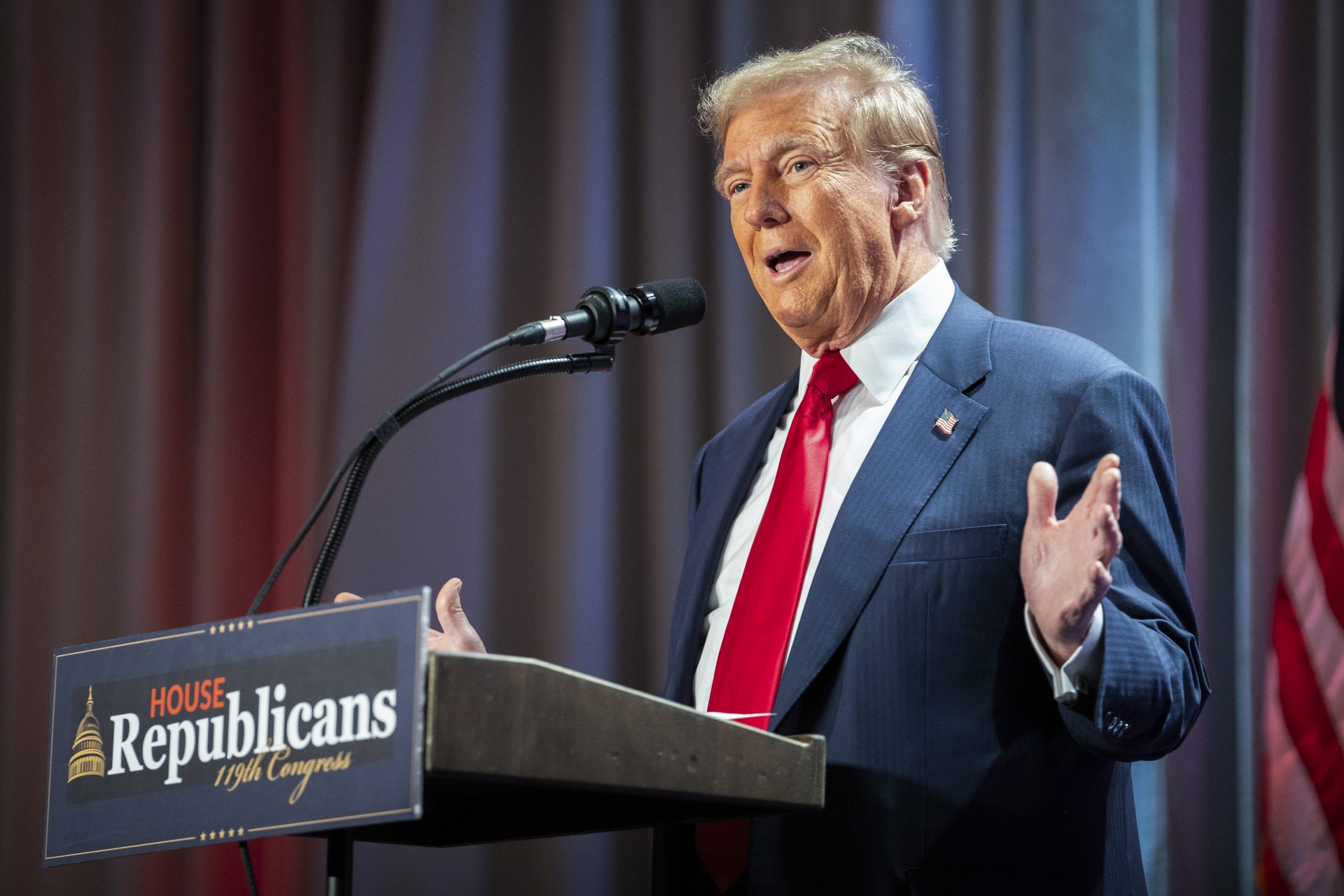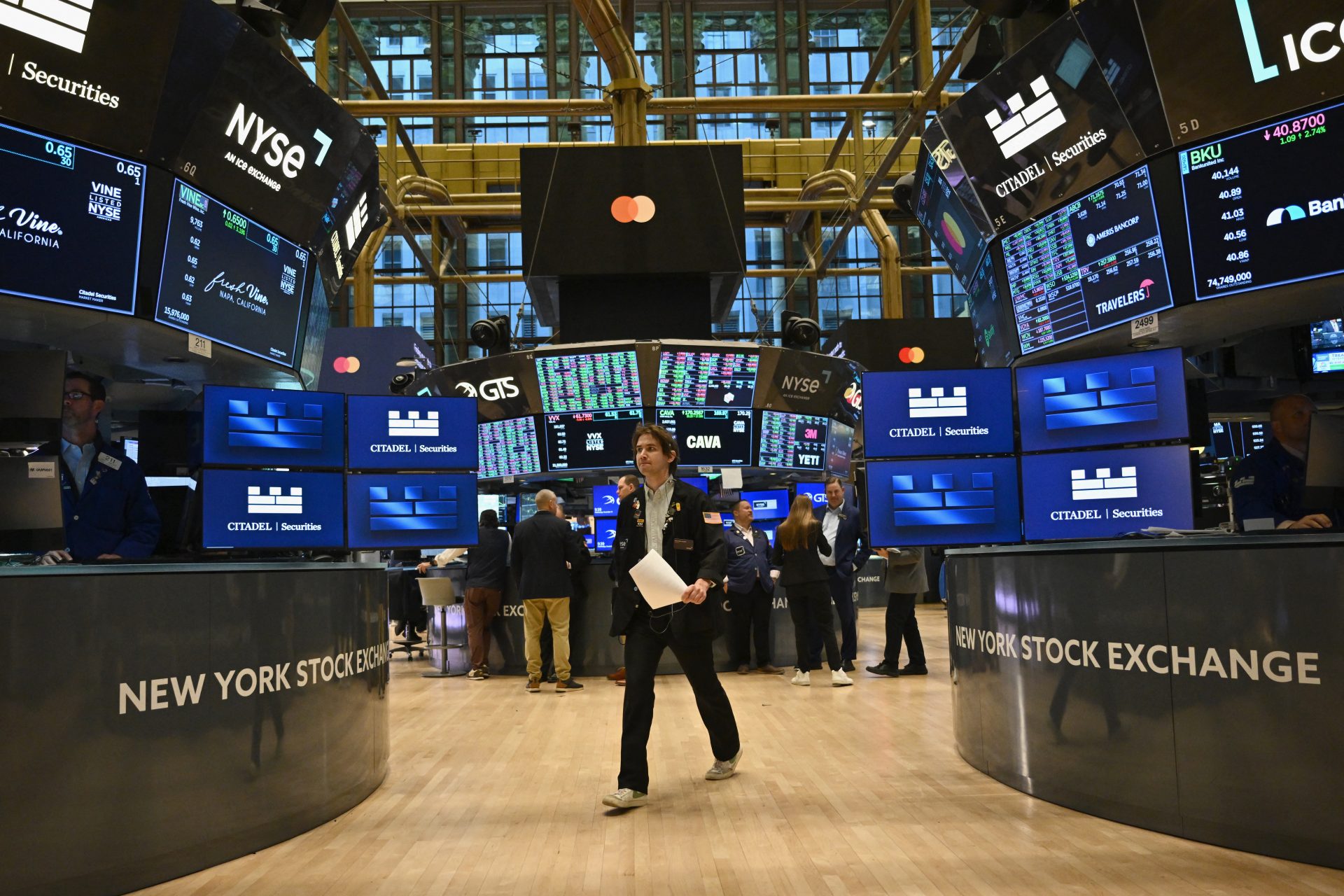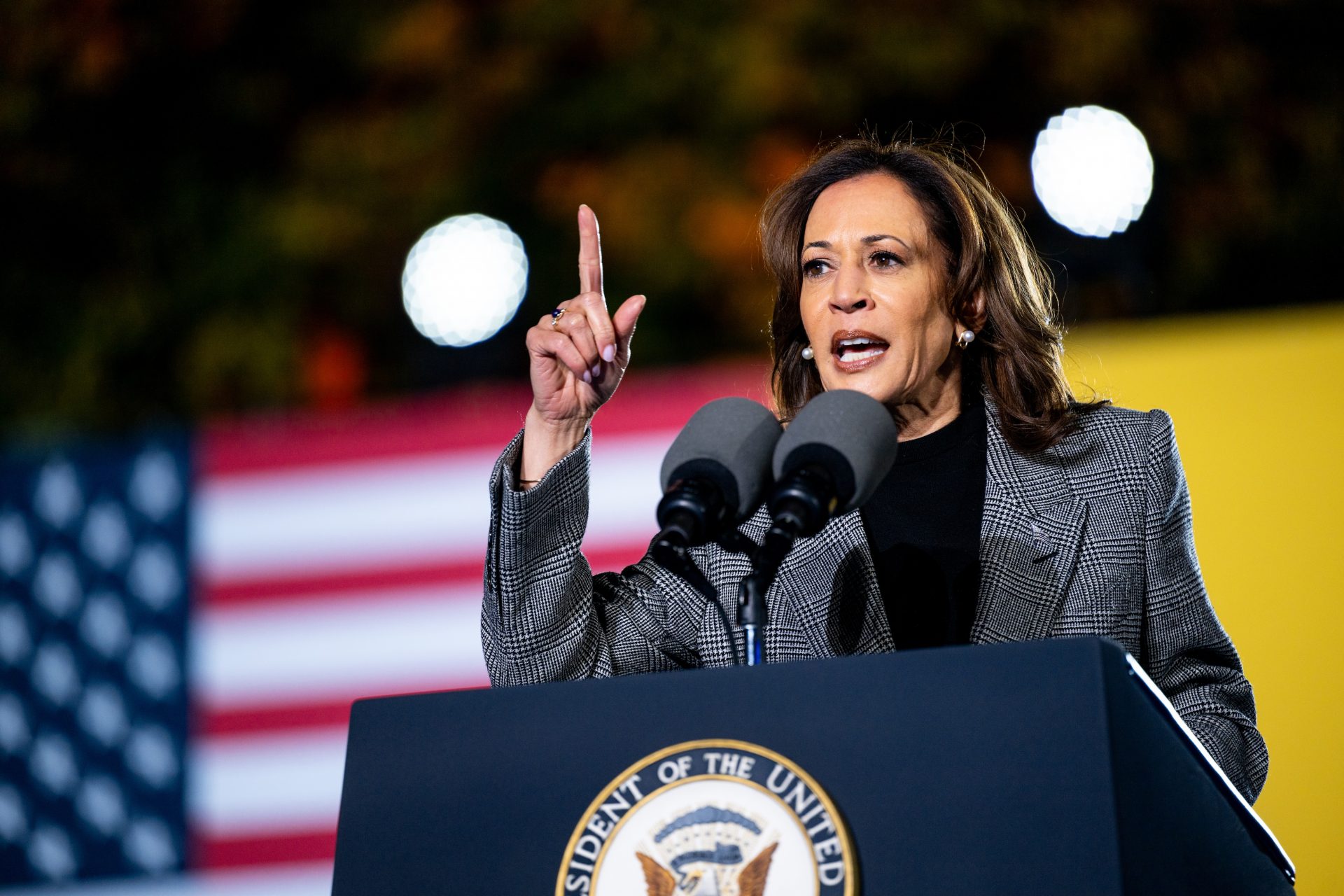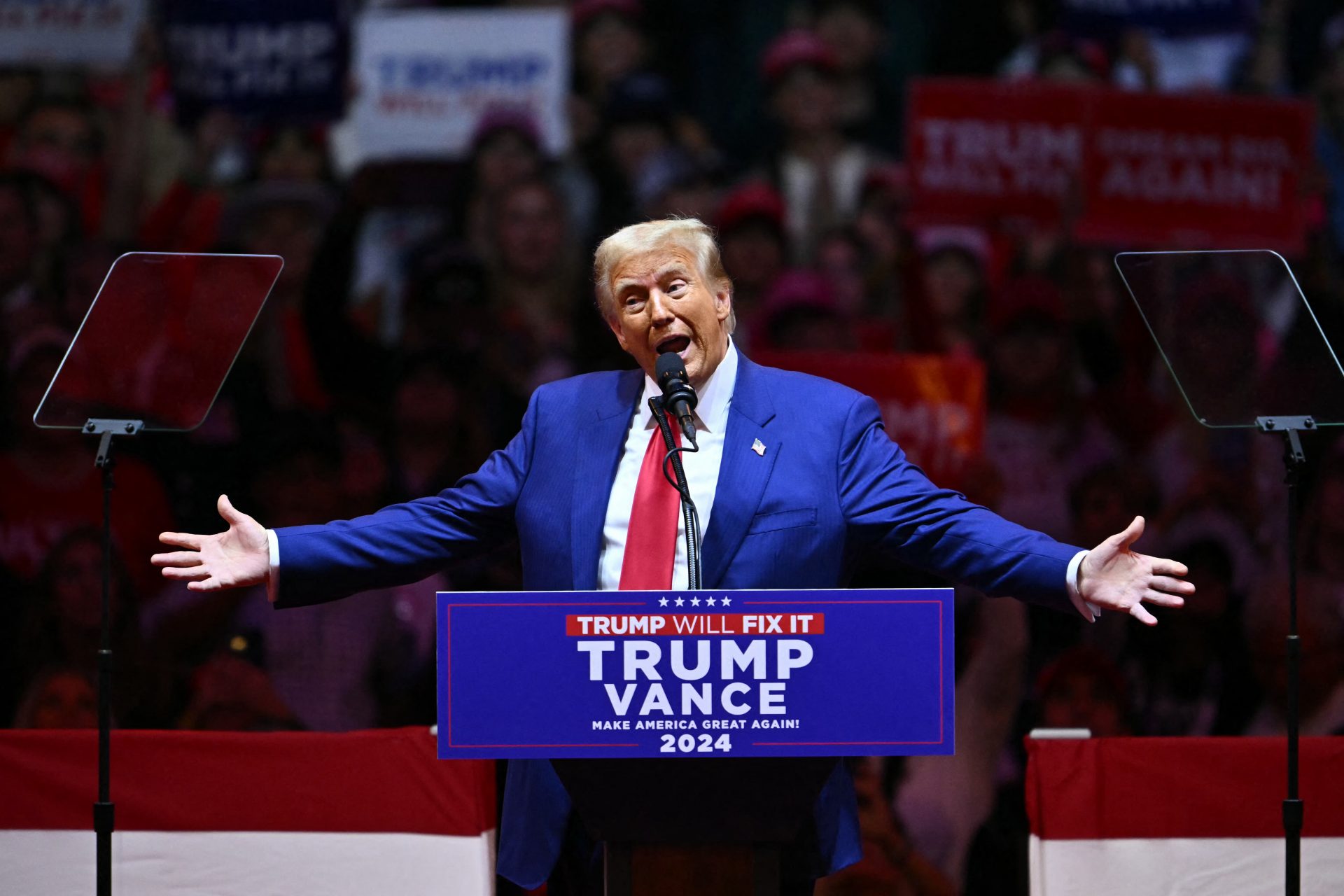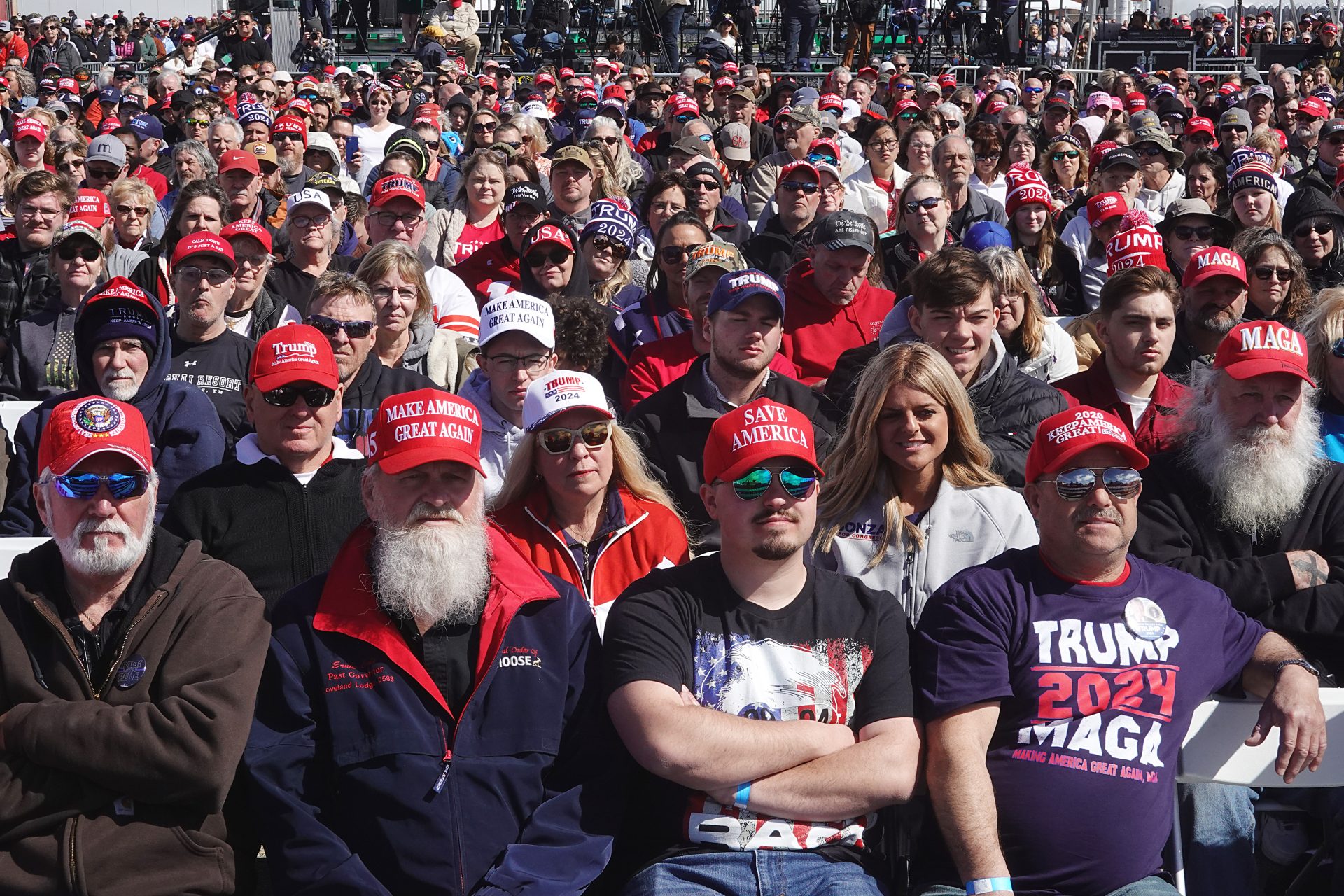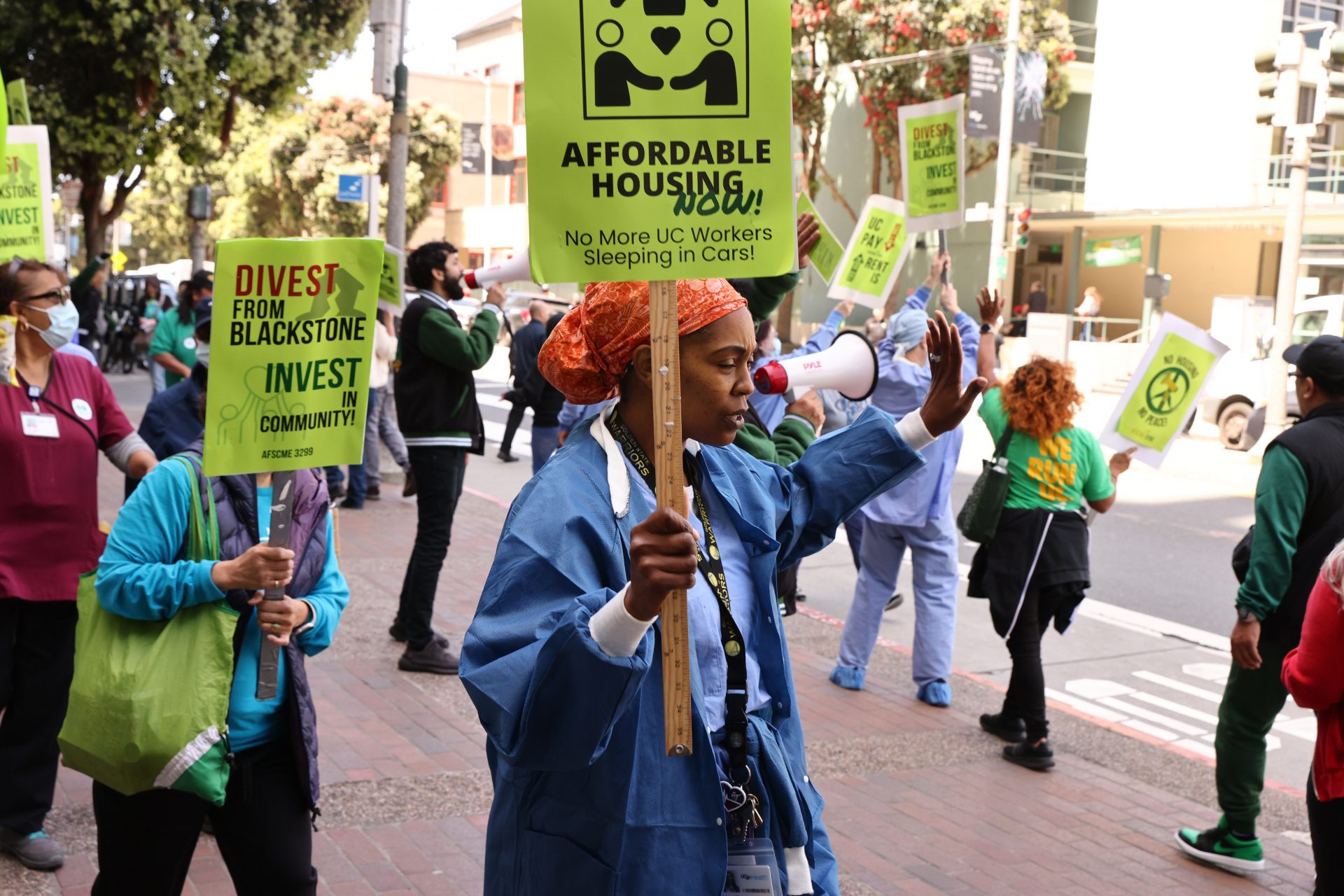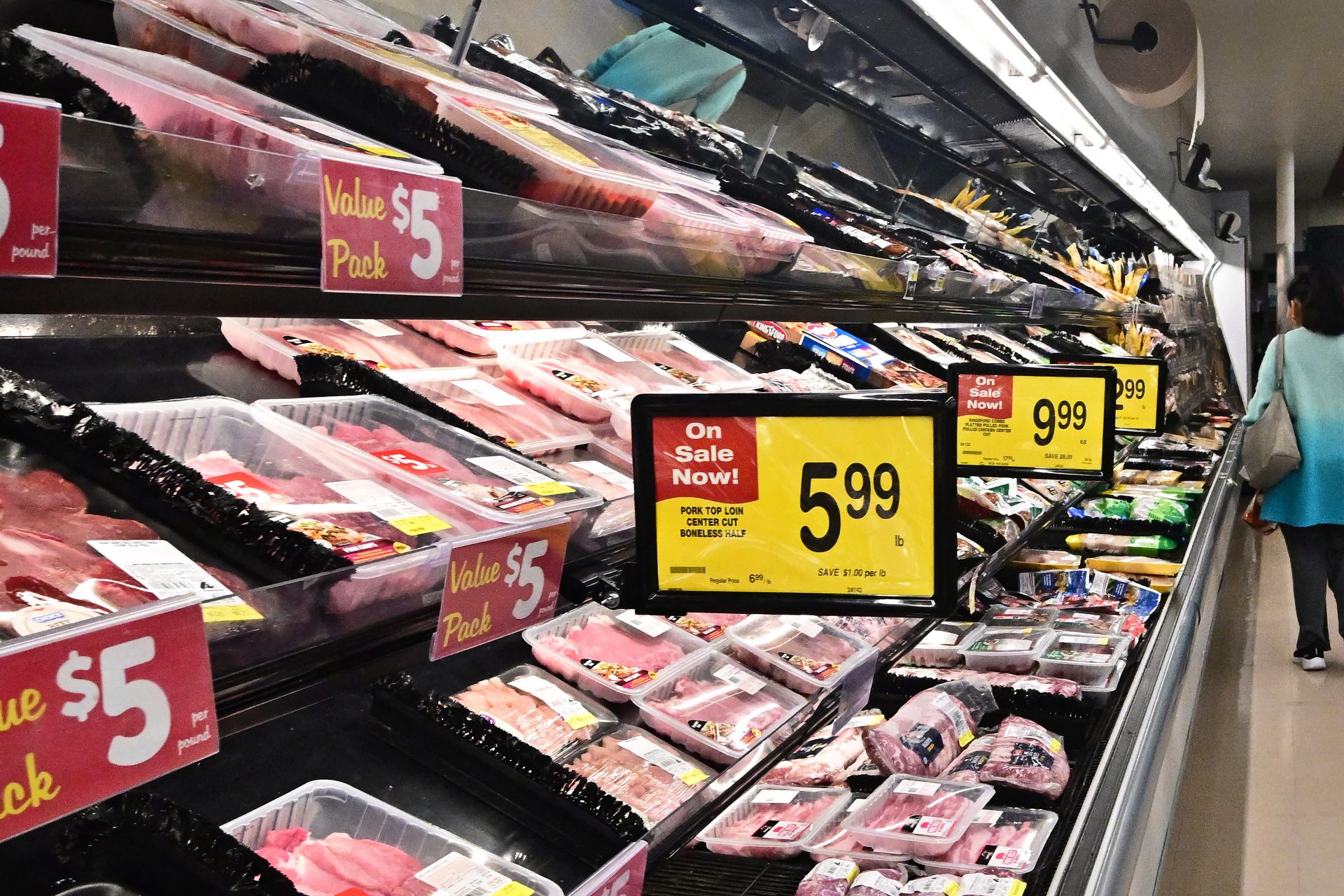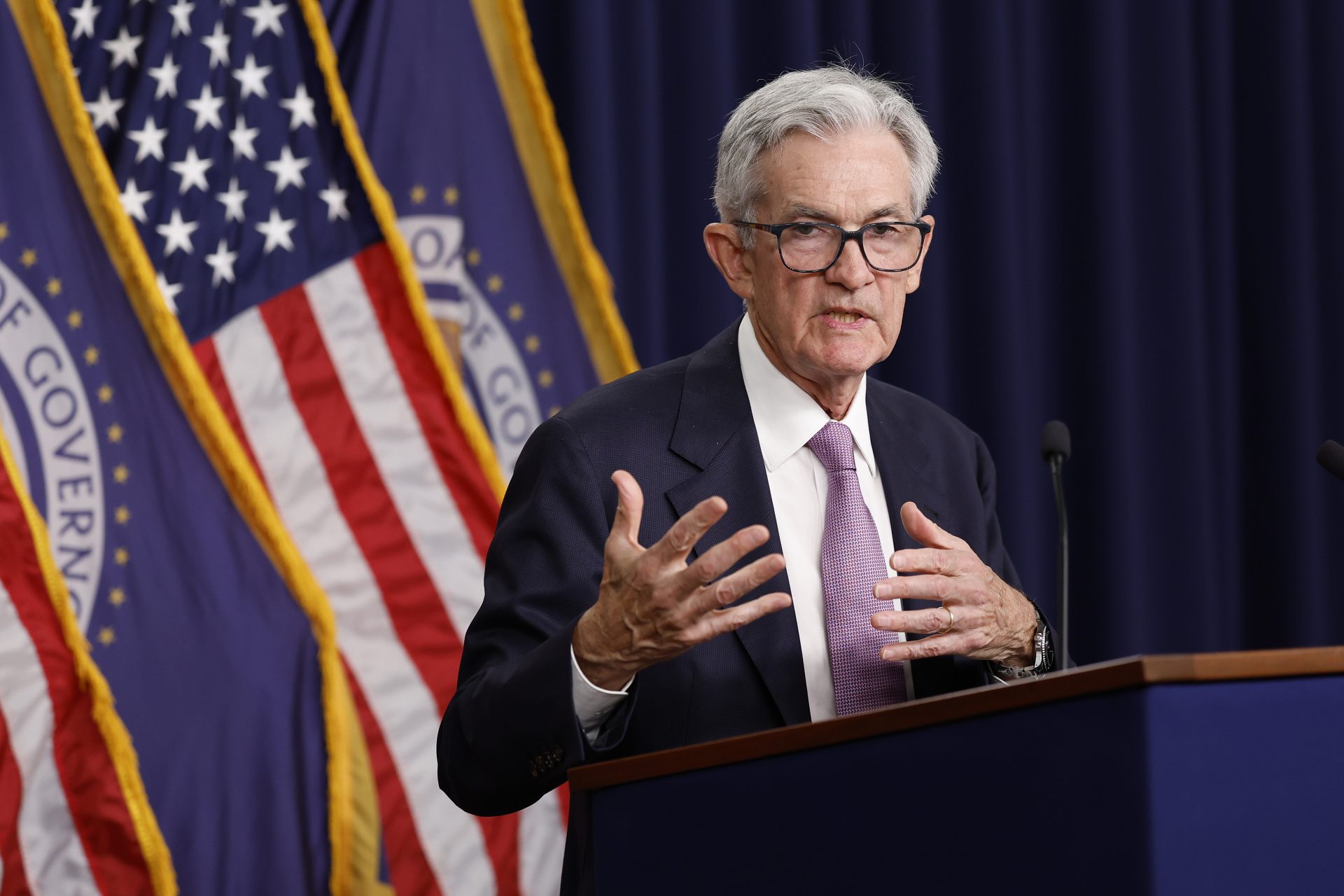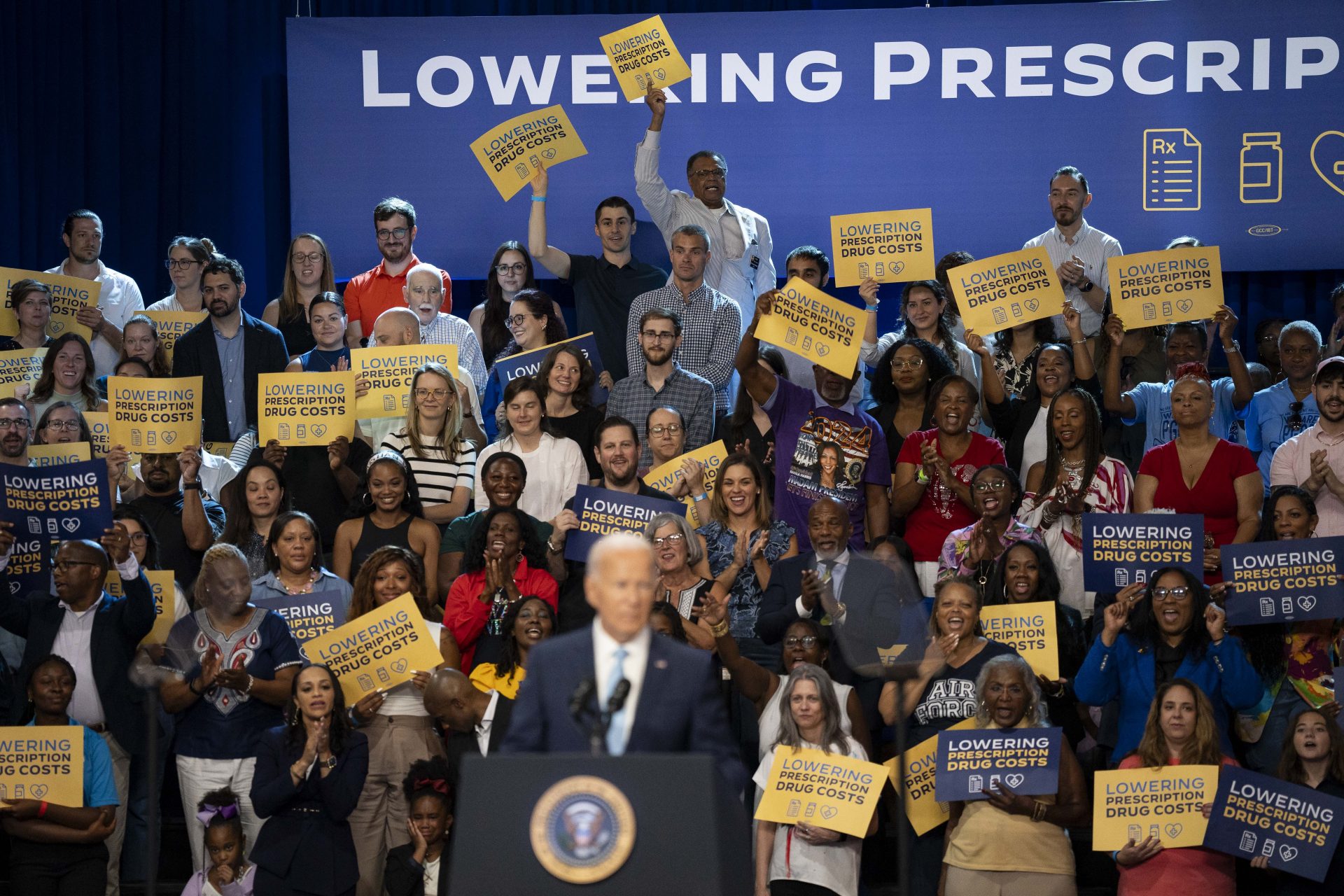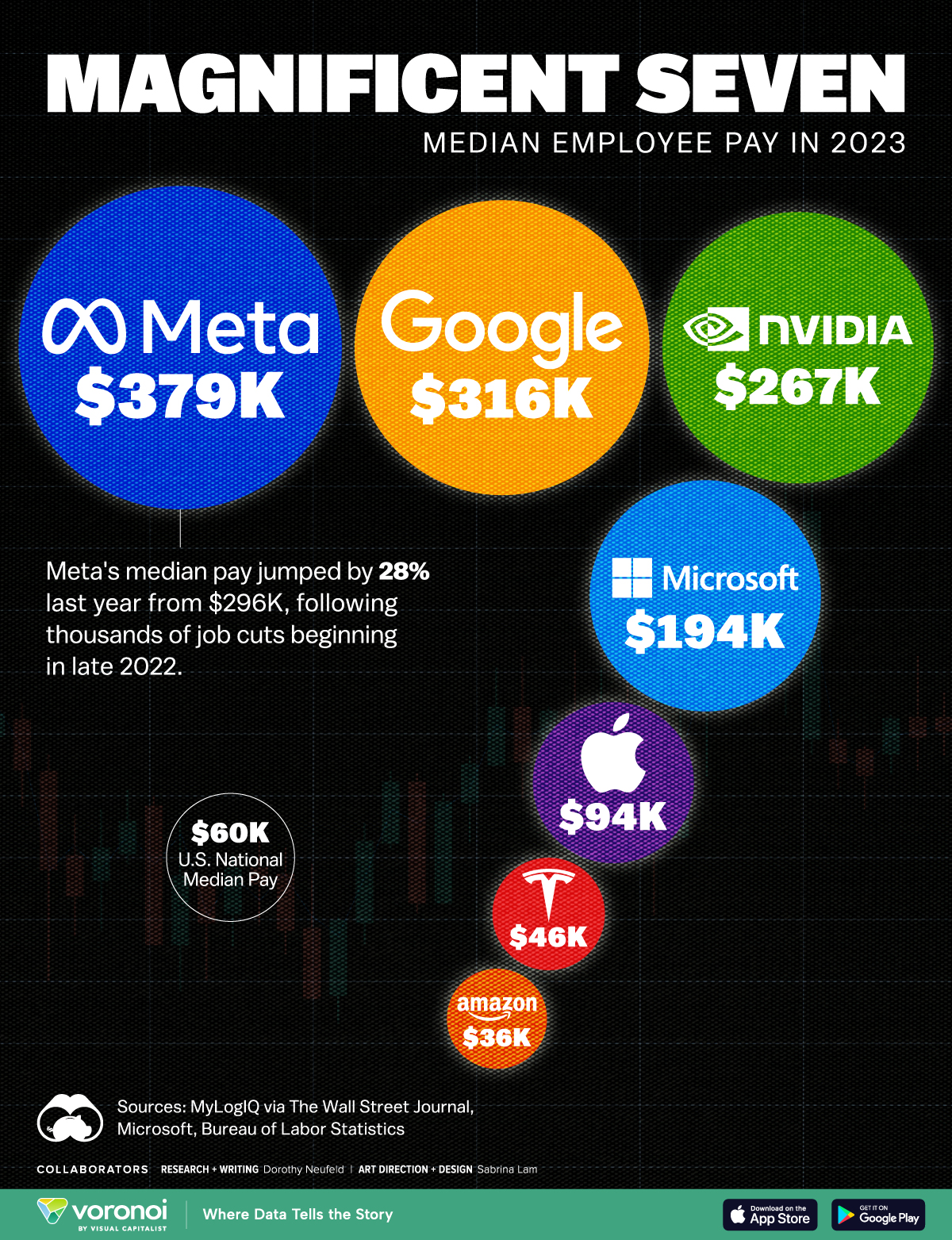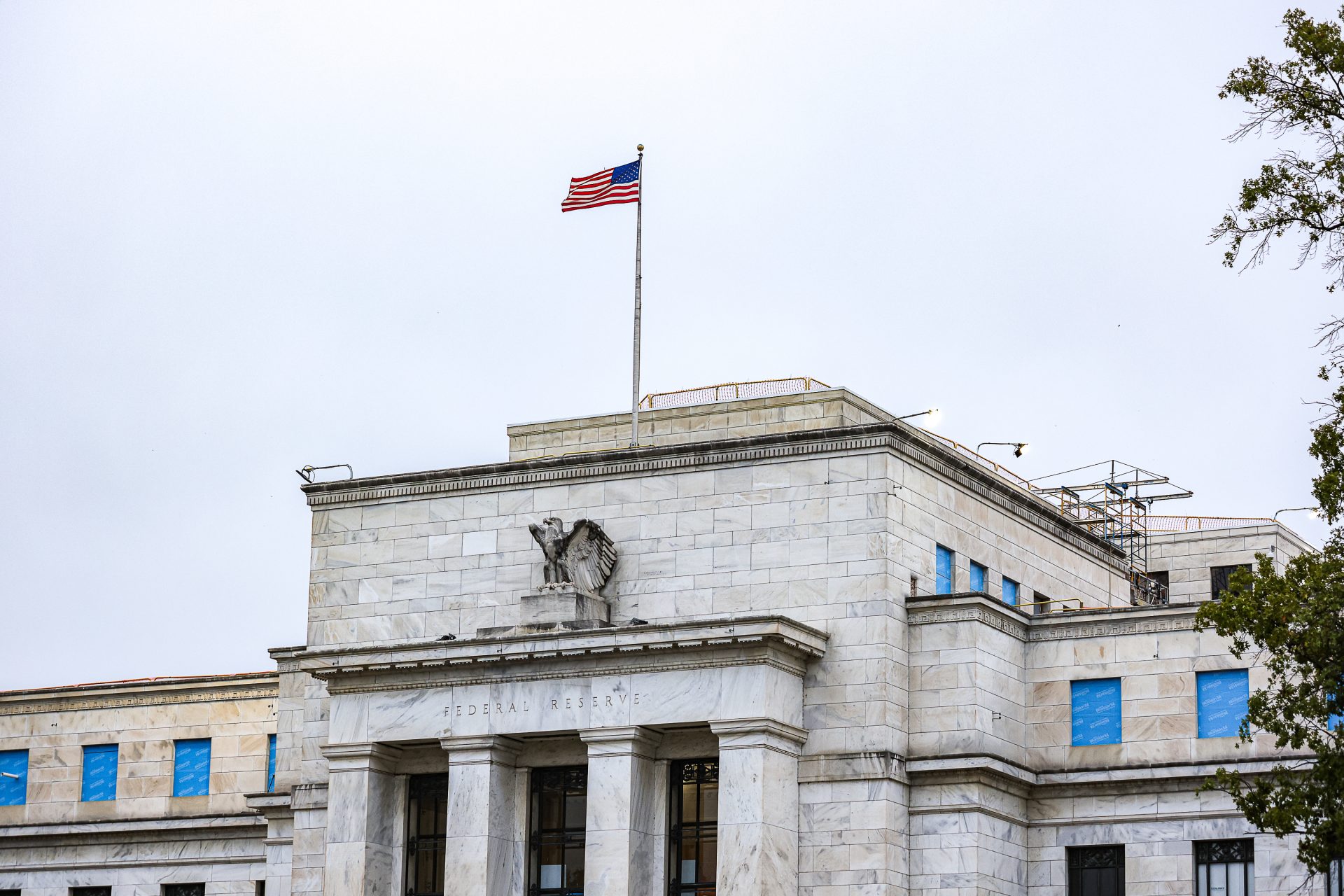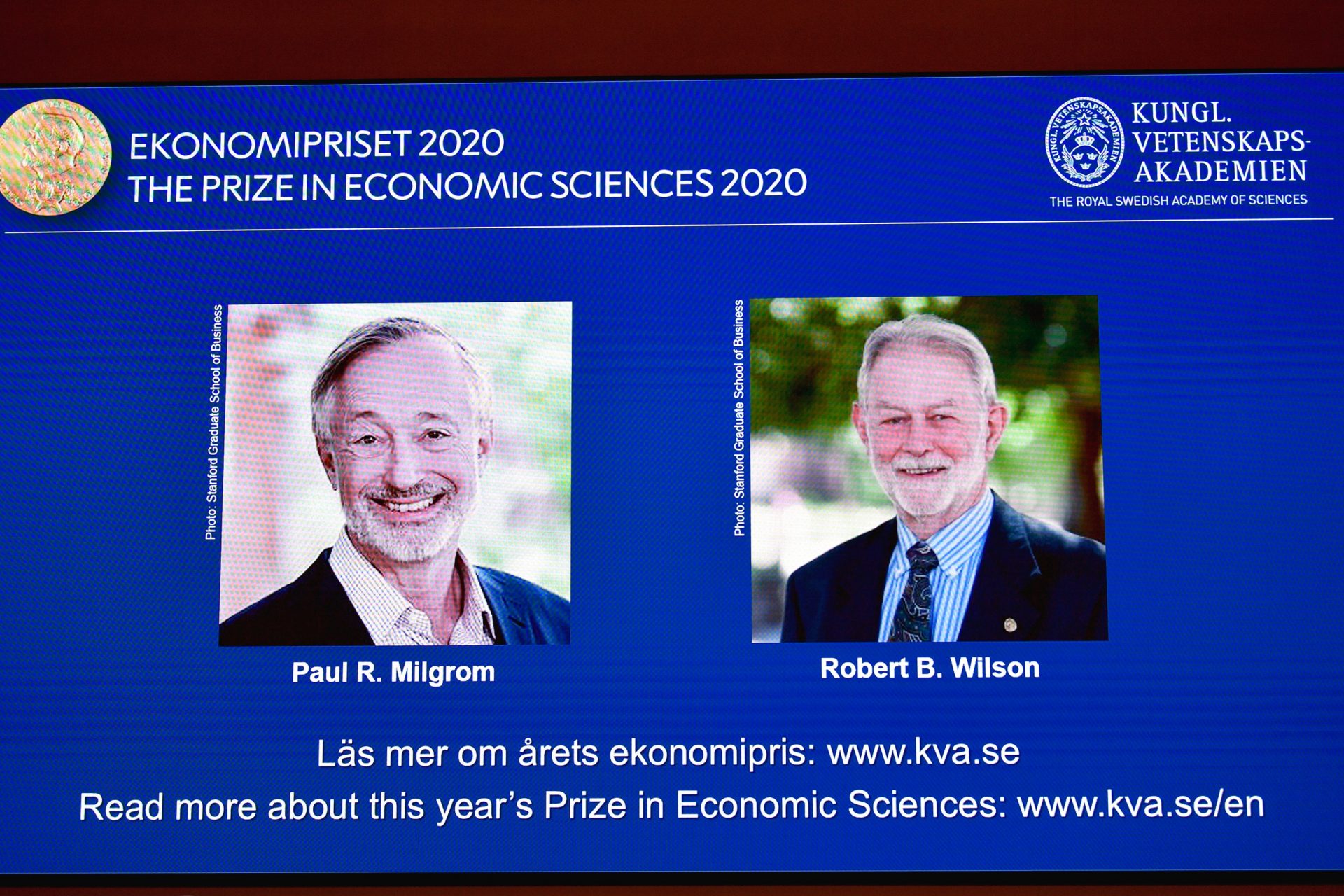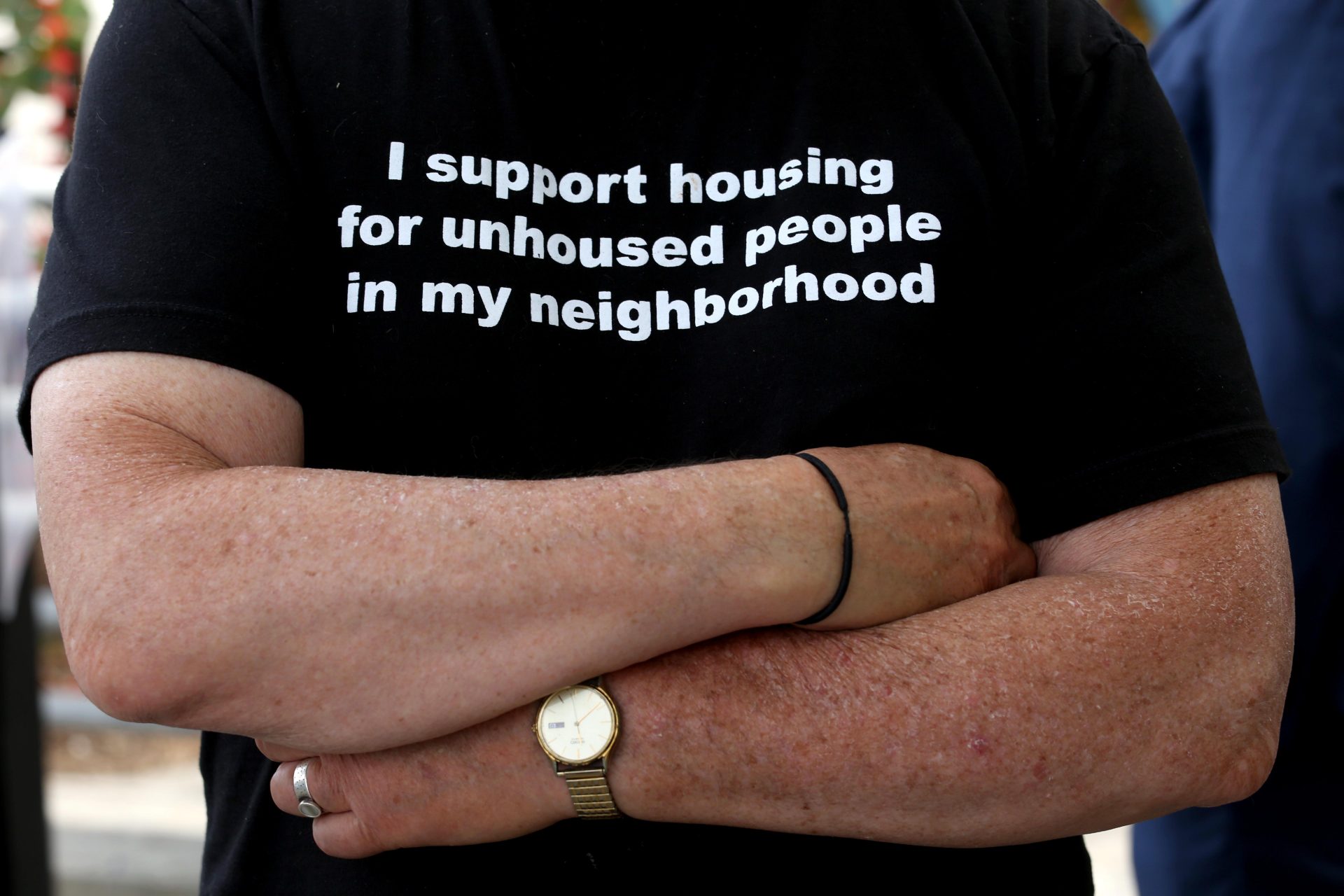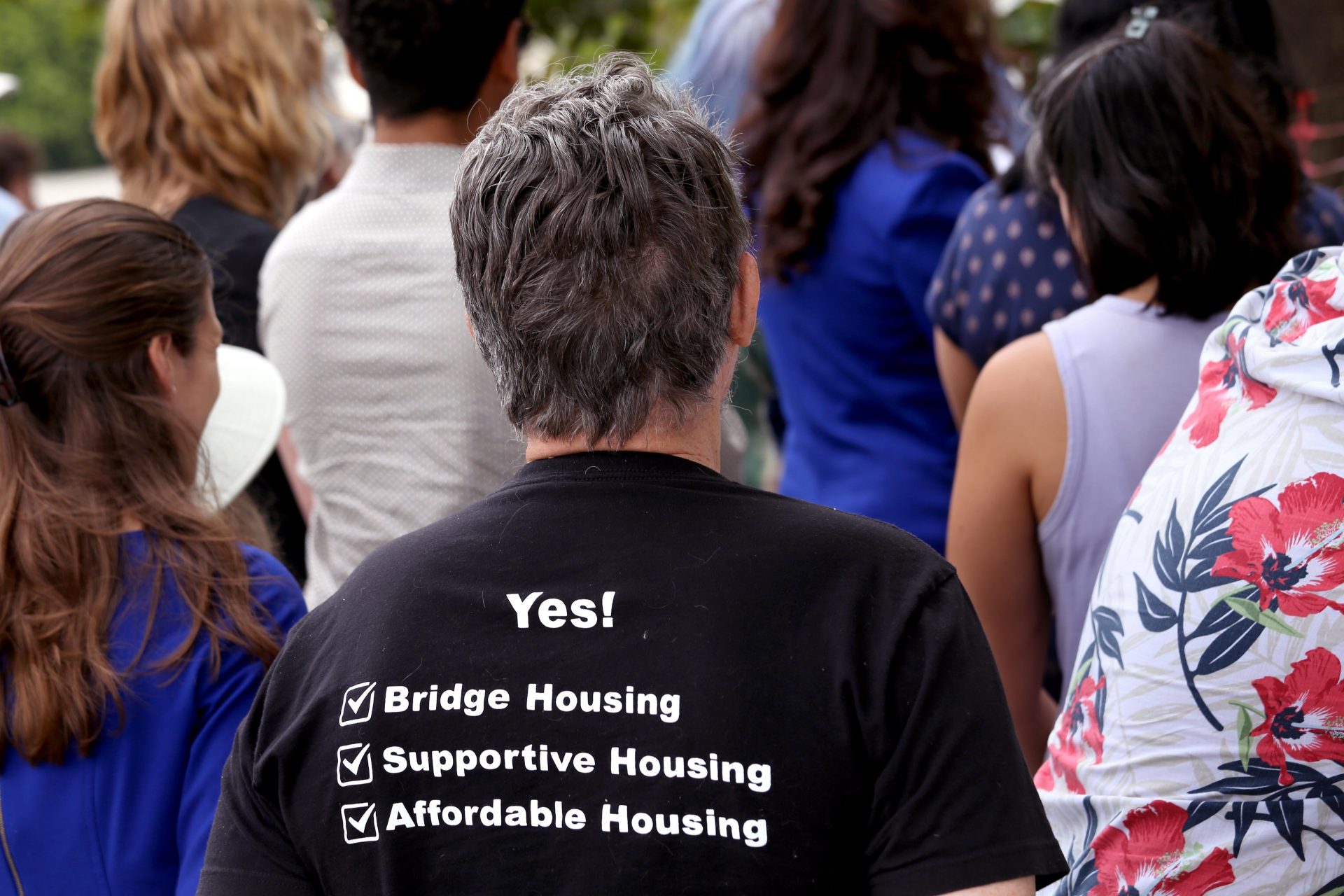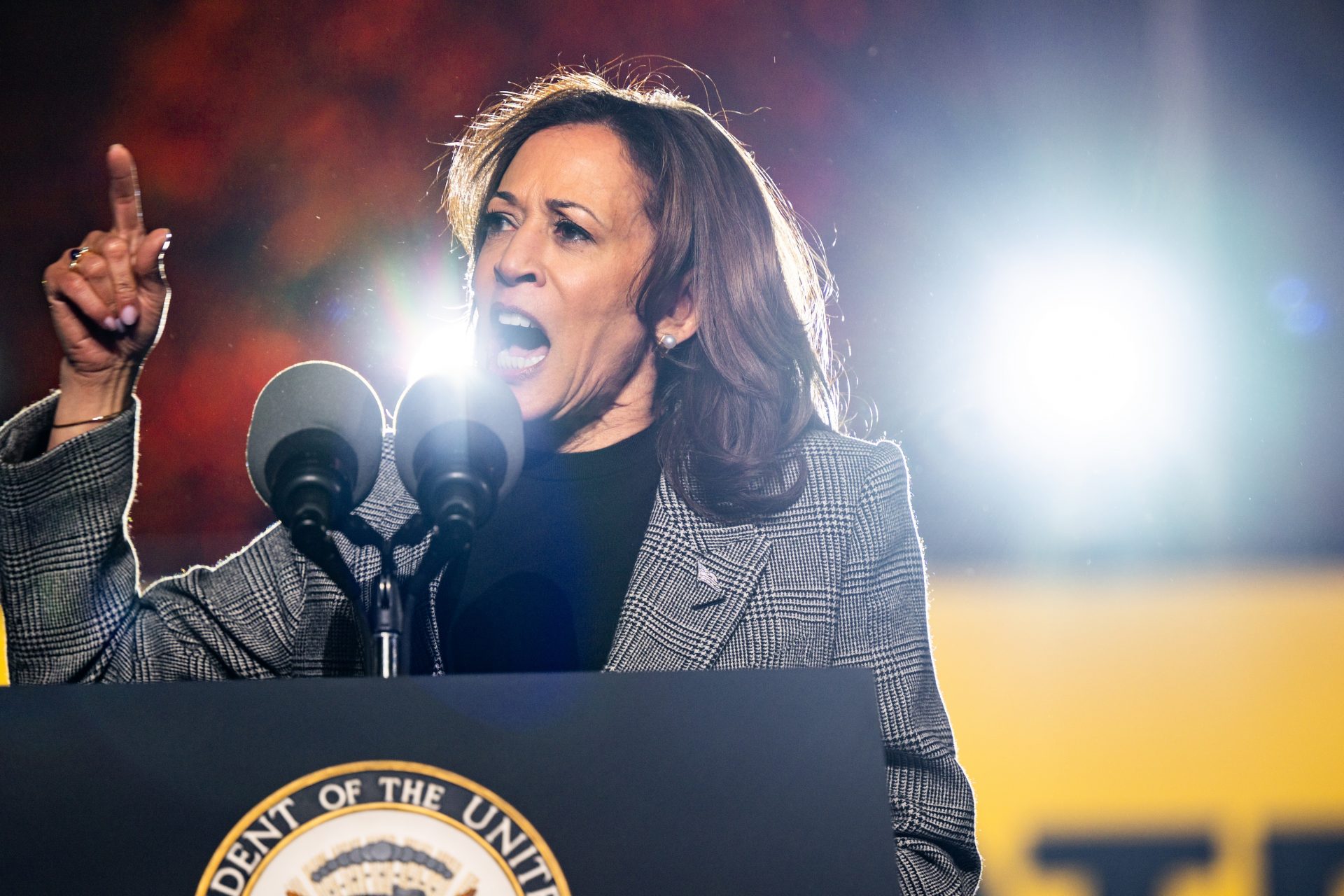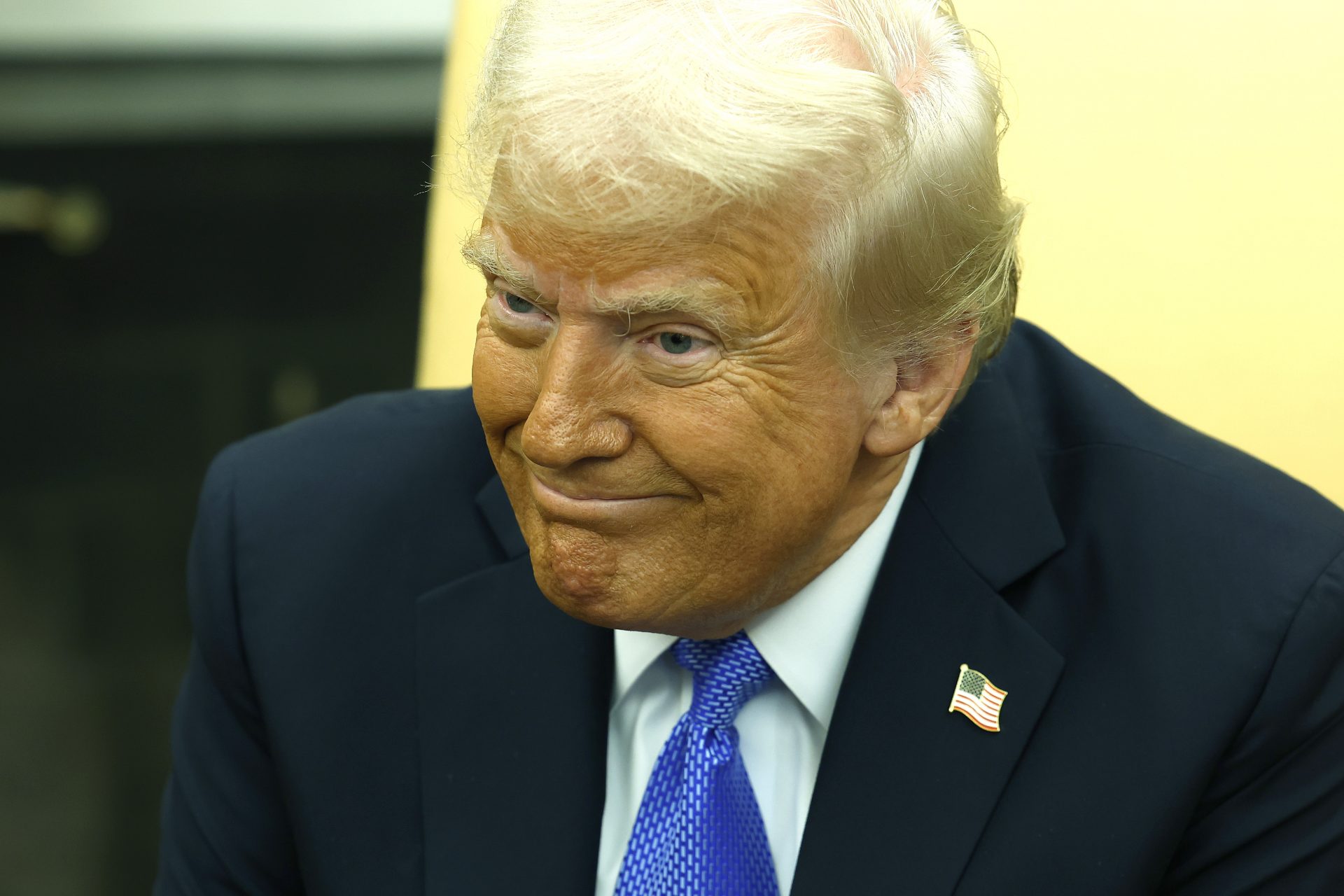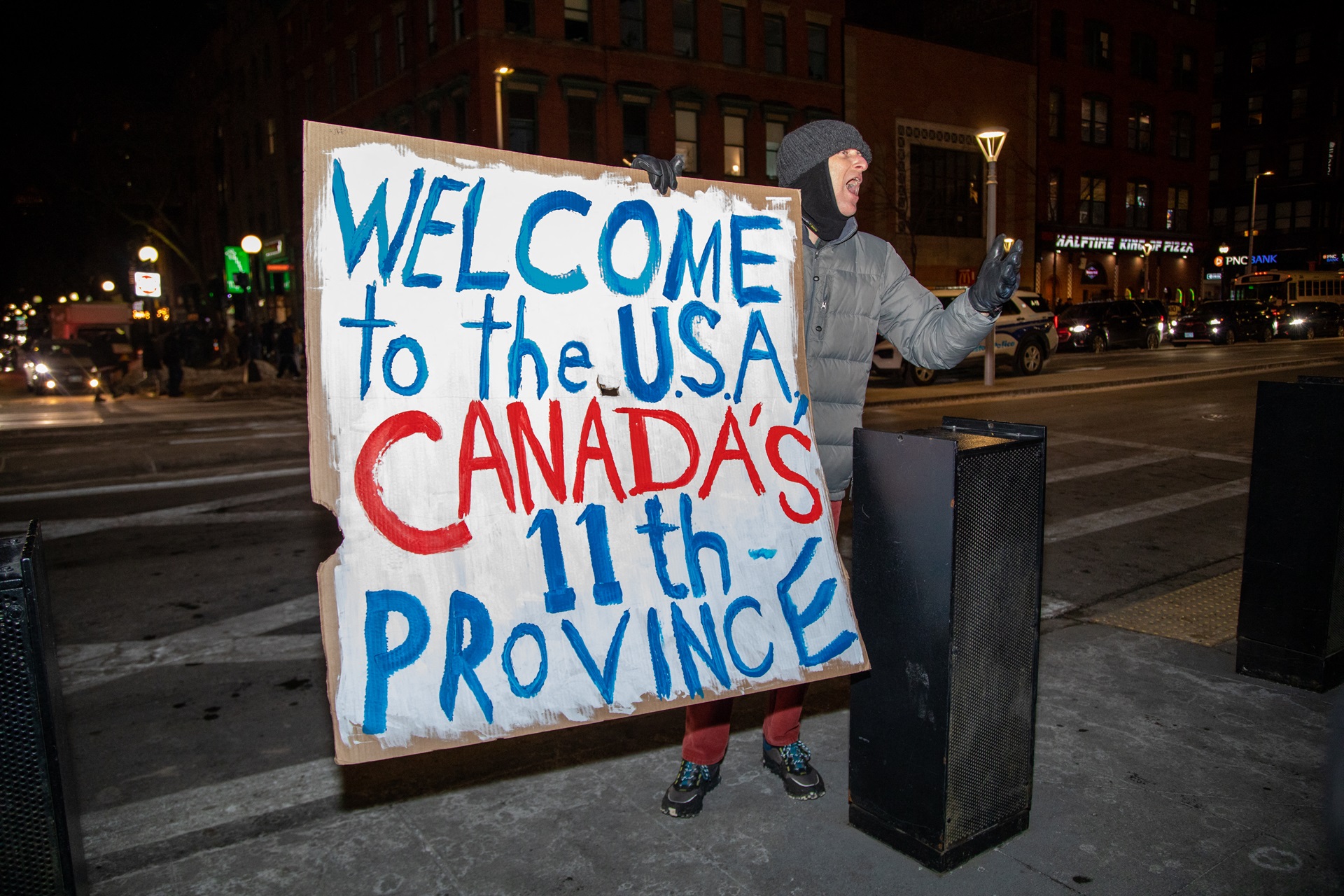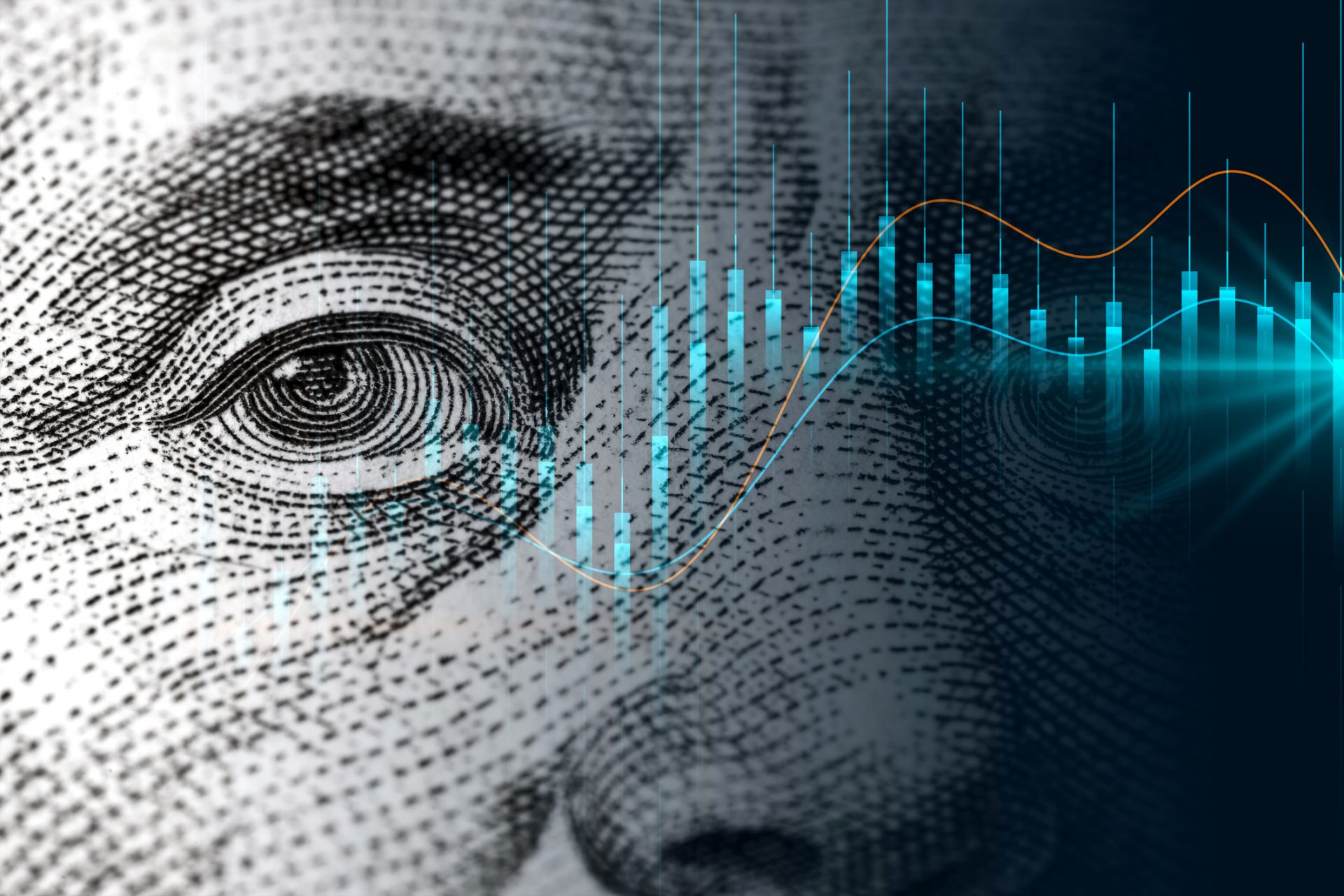Donald Trump's win sees markets rally but Harris's economic plan was hailed by experts
Markets rallied in response to Donald Trump's win in the Presidential Election on November 5, indicating enthusiasm for his economic proposals.
But a number of economists fear the former President's protectionist plans for the US economy will have a significant negative impact.
Nobel-Prize-winning economists far preferred the proposals from Democratic presidential candidate Kamala Harris, which they believed would drive the country's incredible post-pandemic recovery forward.
According to 23 of these Nobel titans, Harris’s policies would "do far more than Donald Trump’s to increase the economic strength and well-being of our nation and its people,” reports The Washington Post.
While America’s amazing economic bounce back from the pandemic is streets ahead of the rest of the Western world, and is termed “nothing short of miraculous,” by the Post, it was rarely mentioned in the election campaigns as such.
Instead, it was often repeated that Harris would be weaker than Donald Trump on the economy if she got into power.
The inflation and high interest rates of the past few years have undoubtedly colored the American electorate’s view, despite being the inevitable fallout from the pandemic when the world ground to a standstill.
The pain to people’s pockets was compounded by the Ukraine war, which pushed up the price of energy and wheat while climate change has destroyed crops around the world and multiplied the price of commodities.
Still, the US economy has not only managed to curb the worst inflation in 40 years and avoid falling into recession, it is currently surging ahead.
This is due to in part to the fact the independent Federal Reserve held steady on inflation without government intervention, but also because of measures implemented by President Joe Biden.
During his challenging years in office, Biden has introduced policies that have allowed massive investment in infrastructure and new technology while other measures have saved Americans $1 billion on prescription drugs and boosted consumer spending.
The winning formula in a nutshell, according to the Washington Post, would have been to avoid the massive protectionist tariffs Trump is touting and the huge tax cuts for corporations and the super-rich.
Instead, plow money into job-creating investment, leave the Federal Reserve to its own devices – something Trump is against – and free up cash for consumer spending.
Meanwhile, Harris’ proposals to introduce a tax credit for newborns, increase corporate tax and cap the cost of insulin elicited 74%, 59% and 64% approval respectively from 39 economists surveyed recently by The Wall Street Journal.
Meanwhile, Trump’s tariff plan – 60% on Chinese imports and 10-20% on European goods – won the approval of none of the 39 economists. The proposal to make tax cuts on the wealthy and corporations introduced by Trump in 2017 permanent won the approval of only 8% of those queried.
Building on the progress already made by the Biden administration, Harris proposed to further help working family with policies to avoid massive spikes in food prices and housing.
Harris housing policy, in particular, should have acted as a vote winner as Americans struggle to land affordable accommodation.
Her proposal involved building more homes and assisting first-time buyers with a down payment of $25,000 to help them on the ladder and a $10,000 tax credit.
Regarding rents, Harris would have stopped landlords from using algorithm-driven price-setting tools to pitch rents while cutting tax breaks for those investing in multiple single-family rentals, reports Time magazine.
According to The Conversation, more than 20 US Nobel prize-winning economists called Harris’ economic plan “vastly superior” to that of Donald Trump.
More for you
Top Stories



